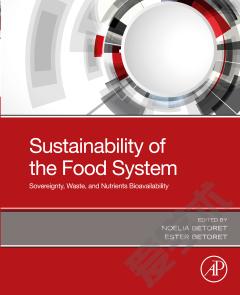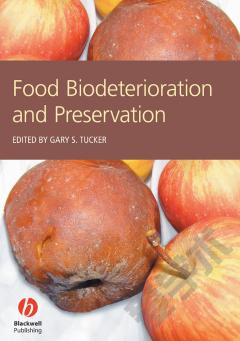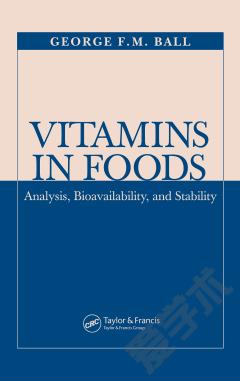Sustainability of the Food System —— Sovereignty, Waste, and Nutrients Bioavailability
----- 粮食系统的可持续性:主权、废物和营养物质的生物利用度
Sustainability of the Food System: Sovereignty, Waste, and Nutrients Bioavailability addresses the concept of global sustainability, focusing on three key areas of action within the food production system: food sovereignty, environmentally friendly food processes, and food technologies that increase the bioavailability of bioactive compounds. The book defines key concepts in the food production system and provides examples of specific and tailored actions that contribute to global sustainability. Sustainability of the Food System: Sovereignty, Waste, and Nutrients Bioavailability will serve as a welcomed resource for food scientists and technologists, agriculturists, agronomic engineers, food engineers, environmental technologists, nutritionists, and post-graduate students studying bioresource technology and sustainability. Addresses global sustainability as a three-dimensional conceptDescribes the use and recovery of crops with high content in bioactive compounds as a preliminary and necessary step to achieve food sovereigntyPresents advances in the development of environmentally friendly food processes that reduce and revalue food waste and byproductsConsiders the development of functional foods with innovative food technologies that increase the bioavailability of nutrients and bioactive compounds to achieve social and economic sustainability
{{comment.content}}








 京公网安备 11010802027623号
京公网安备 11010802027623号